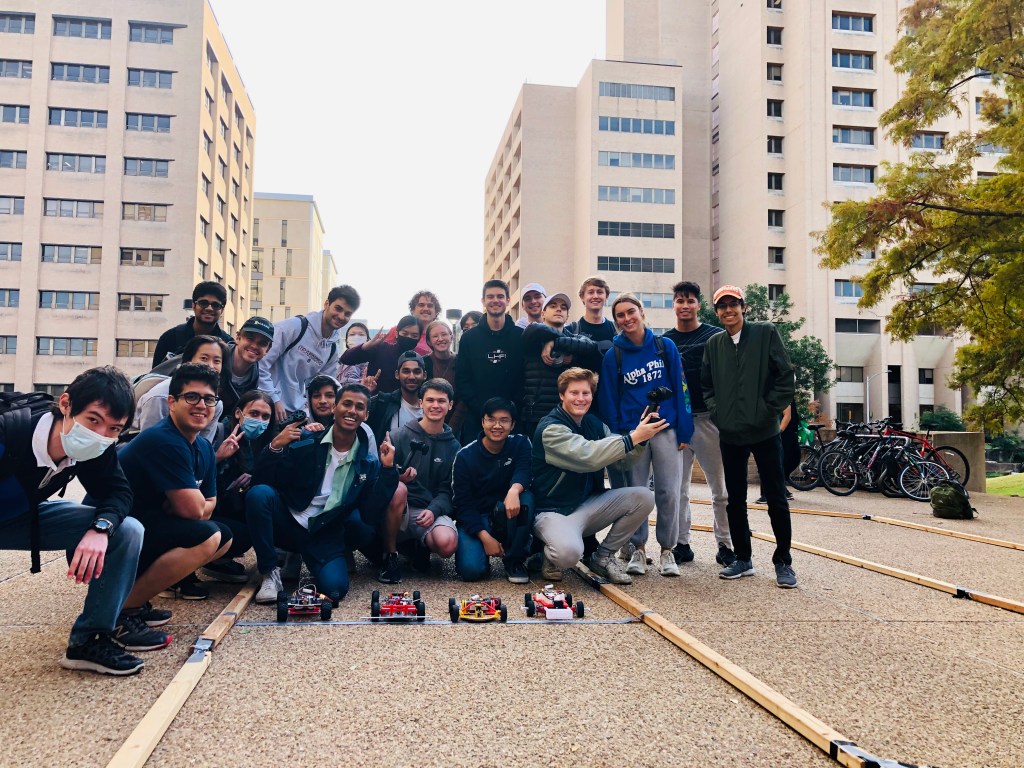Fall 2021 has been a really hectic semester, especially for teaching. The shift of teaching mode from virtual to in-person (most professors had to take care of both in-person and virtual classes simultaneously) made the teaching schedule and in-class instruction a challenging task. You must prepare for the teaching and tailor the content precisely so that you can finish each lecture in time. I was grateful for the teaching arrangement because I was assigned to teach Machine Elements – a core course in Mechanical Engineering – that I have taught for more than four years. While I am familiar with the course content, this is the first time I changed the course project to a semester-long project – Design and Fabrication of a Remote-Control Car, developed by Dr. Michael Cullinan – my colleague at UT. My previous version has two small projects, each lasting about a half-semester. Of course, it is a challenging task for the students as the time management required to successfully finish this project while still maintaining every course assignment, such as homework and exams, on track is non-trivial.
In this project, each team was given an electrical start kit consisting of a DC motor, a
Servomotor, a speed controller, a remote control, a radio receiver, and a battery. Then, each team was responsible for designing the mechanical systems, including the steering system, the gear train, and the chassis, integrating those electrical components, and delivering an RC car for racing. I was impressed to see how my students were adaptive to the changing environment (keep in mind that we are still in the pandemic) and the uncertainties that the students must address because the project itself is pretty open-ended. I was also impressed by the learning outcomes that this project empowered, particularly the systems thinking skills (e.g., the ability to account for interactions between design variables or subsystems and the mindset of taking green and economic factors beyond technical details) and communication skills, including leadership. This made every student a careful observer of the connection between theories and real-world tests and a fast learner from mistakes. These skills are so critical to their future career once they graduate from college. I am sharing a few photos and a video. Feel free to contact me if you are interested in this project, and I’d love to share my teaching experience.



